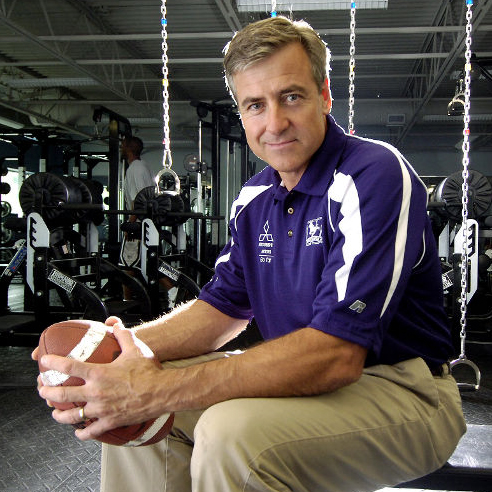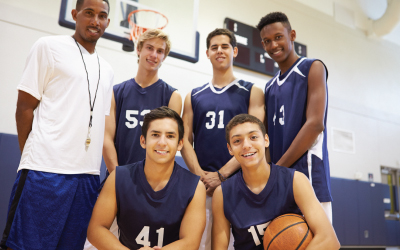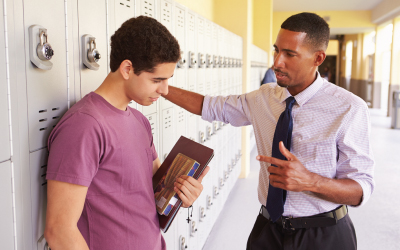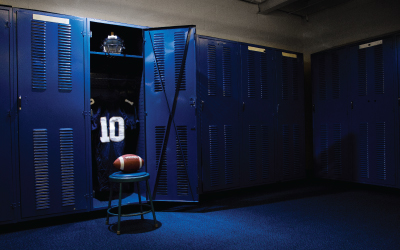Can Athletes Be Role Models for Healthy Relationships?

Greg Marshall has been the outstanding coach for the Western Mustangs for over a decade, taking his teams to the Yates Cup seven times and winning four titles. He began his career at Western in 1978 as a fullback, leading the Mustangs to three consecutive Yates Cup championships and capturing the Hec Crighton Trophy as Canadian University's Most Outstanding Player in 1980. He was drafted by the CFL's Edmonton Eskimos, where he won a Grey Cup in 1982. He was the first Canadian-born head coach in the history of the Hamilton Tiger-Cats and the first-ever head coach to make the jump directly from the Canadian university football ranks to become a head coach in the Canadian Football League.
In our society, we look up to athletes and many of us aspire to be like them. Athletes are often seen as role models for youth. Athletes also have a special status in our clubs, high schools and universities. It’s so important to remember that with this special status comes a responsibility. As male athletes and coaches, we are active leaders and role models in how we treat, respect and protect girls and women. We need to take this responsibility seriously.

Here are some simple ways that athletes can make sure they’re serving as role models for positive and healthy relationships.
1. Teamwork – Teams and teamwork are very powerful. They can be used to accomplish a lot of positive outcomes when they work together. Unfortunately, they can also be used in negative ways. Make sure you organize your team to commit to being up-standers. This means working together to be respectful to girls and women, and not allowing others to be disrespectful. Make sure your teammates know that it is okay to speak up and act when they see or hear something that is wrong. Speaking up is part of this responsibility. Create a culture on your teams and in your school where bullying, harassment and intimidation will not be tolerated.
2. Inclusiveness - Within your team, create a culture of inclusivity and respect. Make sure that all people at your school and on your team feel included. Go out of your way to talk to other students that you don’t usually associate with, and when you have social gatherings, go out of your way to include others. It doesn’t hurt to be nice, and it will make you feel really good, as well as make the others happy. It will also show others that you don’t approve of bullying or intimidating other students.

3. Be a Leader - Strive to be a leader on your team. Leadership drives culture and culture drives behavior. Create a culture that is respectful of women. Create a culture where women and girls are respected. This is key!
4. Do the Right Thing - Be prepared to do the right thing, always. We all practice and train to react effectively in an athletic situation. This can come in handy in other situations. Train and prepare to react in situations where women may be disrespected or in a potentially abusive situation. Remember this: Events + Response = Outcome. We often cannot control the events that take place in our lives. But we can control our response. How we react in a situation will have an impact on the outcome. Planning and preparing will enable us to make the appropriate response when dealing with an abusive situation.
Athletes are in a unique position to model healthy relationships and show others that there is no room for disrespect. Aim to be a positive role model by modelling healthy relationships, respect for everyone, and showing there is absolutely no place for disrespect or abusive in any kind of relationship.

